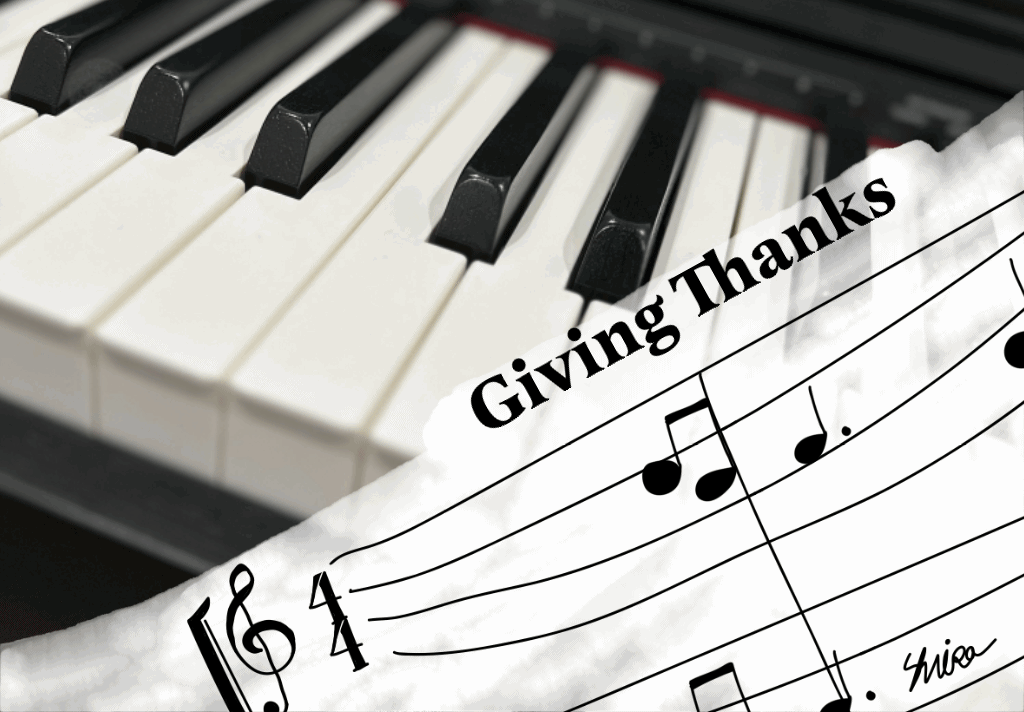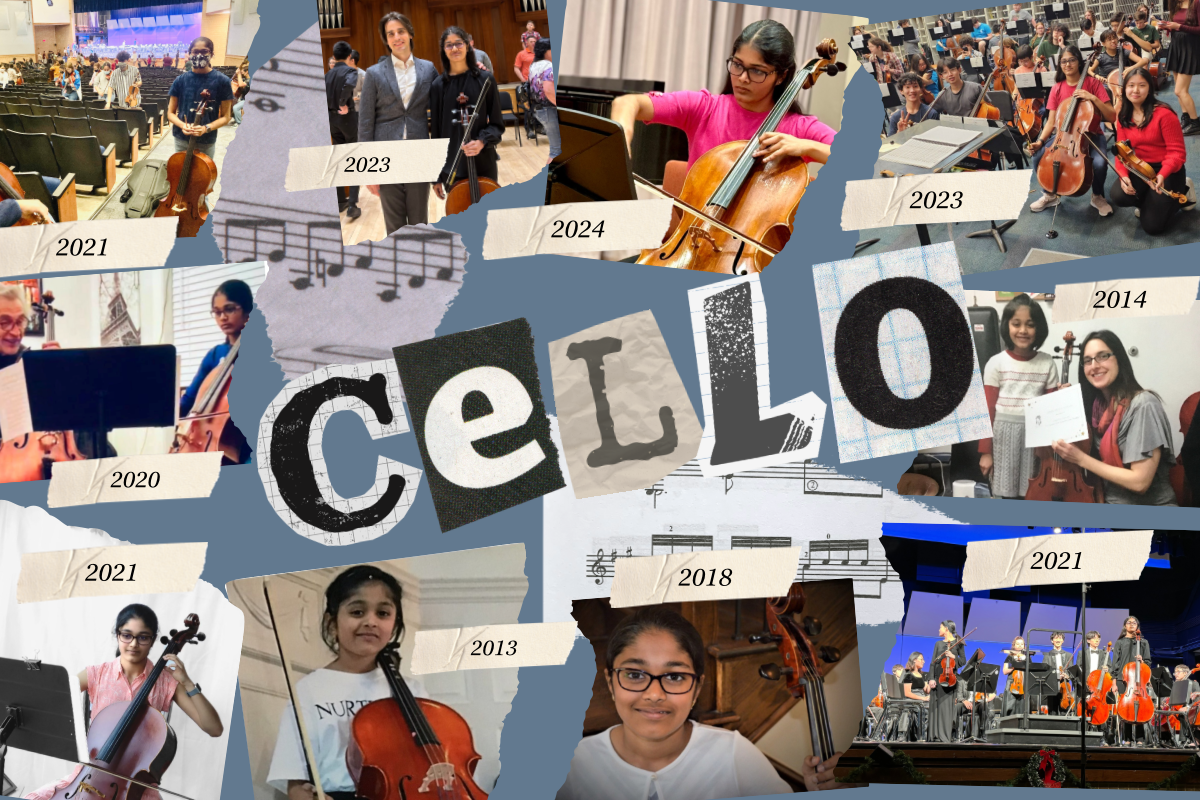Mary Whitfill
Features Editor
As someone who maintains an avid interest and ever-growing passion for books, I was shocked to realize that while I am living in the time where the largest number of books is being produced, my generation is not producing the largest number of avid readers.
I cannot pinpoint the exact reason for this alarming decline in the number of teen readers, but I believe the dreariness at which literature is taught in school has the potential to contribute greatly to young adults’ disdain toward reading.
While some literature taught in the public school system includes the classic, well written works of Shakespeare, others include the
fantasies of Ray Bradbury and the dramatic works of Maya Angelou – books that will only drive away young readers as these far from relatable works are shoved down their throats. How can we expect students to develop a passion for reading when they are forced to digest works not pertaining to their lives?
Often on summer reading lists is Angelou’s I Know Why the Caged Bird Sings. What we now know as a “survivor” memoir, the reader of this piece is given a firsthand look at segregation through the eyes of someone who lived in Missouri, one of the most segregated states of the time. While these works have their place and are great for sparking even the most unmotivated students into a discussion of racism, it is not a novel that will breed interested and devoted readers.
Joining Angelou’s work on a majority of reading lists are The Scarlett Letter, the

Great Gatsby, Fahrenheit 451, Huckleberry Finn and Something Wicked This Way Comes. Personally, I have been forced to read every single one of these works, dating as far back to the seventh grade when I was still caught in my love affair with mystery and cliff-hanger novels. These books were on the verge of making me hate reading. I, a girl who spent her summers working through online reading lists and who became quite gifted in navigating a grocery store with my nose in a book, began to loathe the printed word.
As heartbreaking as it was for me, I slowly began to give up on books. I got caught up in the hot TV shows and began to focus more on maintaining my relationship with Lizzie McGuire than with Atticus and Scout Finch, my honest-to-God literary heroes at age 13. I was slipping into the mindset of the masses.
What did me in were the novels on these lists, the novels that American students are being forced to read and evaluate, never being able to escape their tangled words. As I noticed this slip in my interest, I realized what it was that made me feel this way. It wasn’t the content of the books, and it wasn’t that I was being forced to read them; it was the way I was being taught.
Instead of appreciating the actions of the characters and the way I genuinely cared about each and every one of them, I was forced to focus on the author and their intentions. I have always felt that if an author wanted to be included in the discussion of a novel, he would have put himself in one. When taught literature in school, we focus on rhetoric and word choice, rather than action and meaning. Is it better to study what we think the author was thinking, or is it better to study what we know the author said?
I realized that as long as I examined books in the ways my teachers asked me to, I would never fully grasp a novel. I would never catch every adjective and every breath the characters took if I spent my time annotating for meaning and picking out every literary device I saw.
The moment this realization hit me is the moment I restarted my meaningful relationship with books. I then understood is not the books that I loathe; it is the way I am forced to read them.
So readers – don’t be discouraged by summer reading lists, class discussions and essays analyzing the rhetorical strategy of every word in the page. Instead, go back to what reading was meant to be.
Go back to forgetting to sleep because you just had to read one more page, go back to wishing these characters were your best friends and go back to getting lost in the world of make-believe. Read on.








